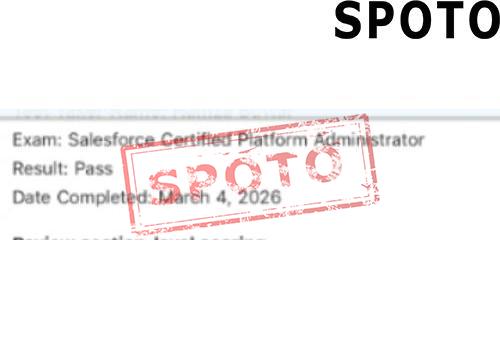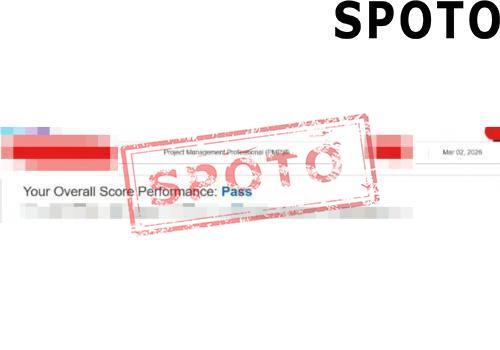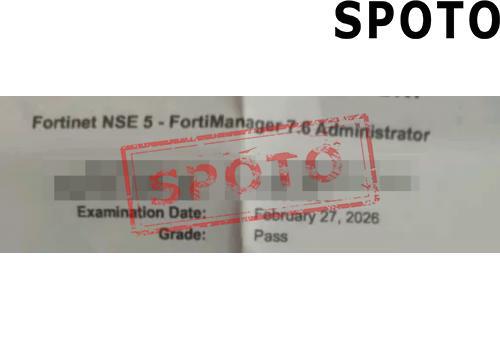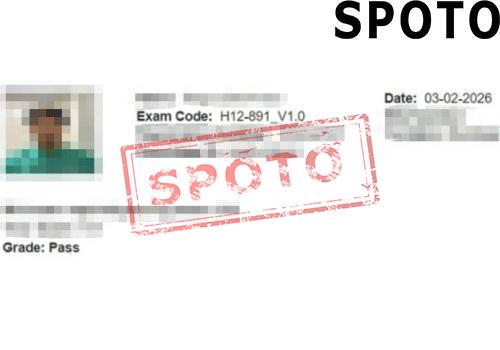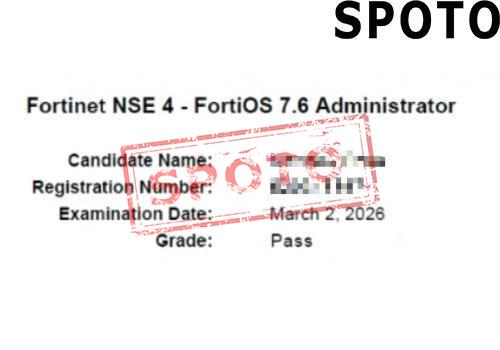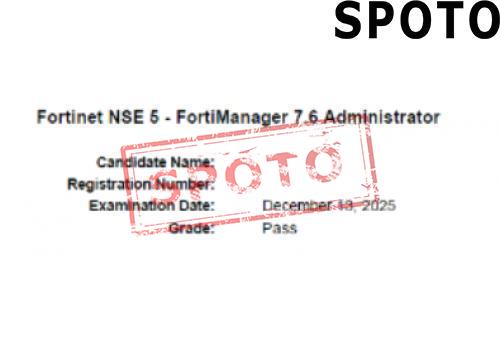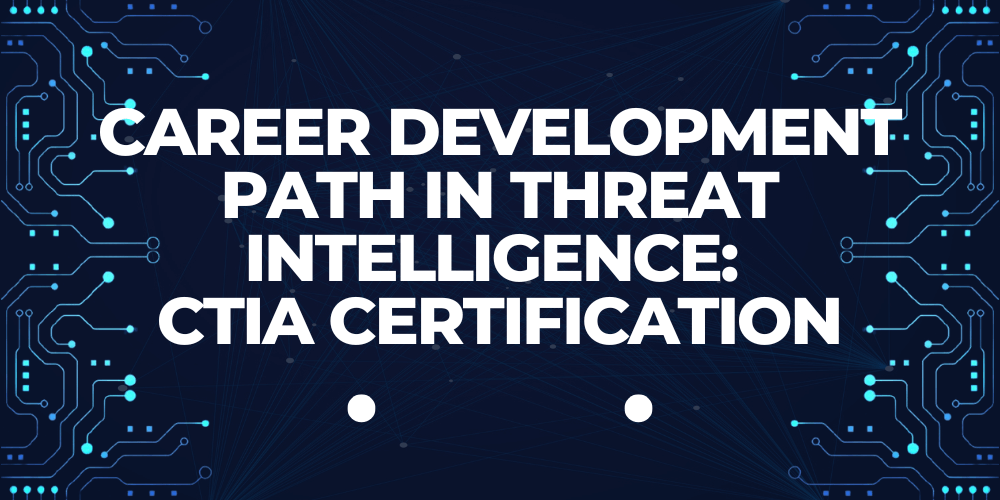
Table of Contents
- 1. What is CTIA certification?
- 2. Benefits of having Certified Threat Intelligence Analyst certification
- 3. Do you really know about CTIA certification?
- 4. Qualifying for the Certified Threat Intelligence Analyst certification
- 5. Similar certifications of Certified Threat Intelligence Analyst certification
From this article, you will know that CTIA is a professional certification that provides a career development path for practitioners in the field of threat intelligence.
1. What is CTIA certification?
The Certified Threat Intelligence Analyst (CTIA) is a professional certification offered by the Institute of Electrical and Electronics Engineers (EC-Council). It focuses on the collection, analysis, and real-world application of threat intelligence. It aims to validate the holder's comprehensive skills in transforming threat intelligence into defense strategies and enhancing an organization's security capabilities.
The core value of threat intelligence lies in "predicting and defending against potential attacks by understanding attacker tactics, techniques, and processes." Focusing on this core principle, the CTIA certification requires holders to not only master the basic threat intelligence framework but also be able to extract valuable intelligence from massive amounts of data and apply it to actual security operations. Therefore, the CTIA is positioned between "intelligence analysis" and "security defense," emphasizing the "actionability" of intelligence, which can help organizations shift from "reactive response" to "active defense."
2. Benefits of having Certified Threat Intelligence Analyst certification
As a specialized certification offered by EC-Council, the CTIA certification demonstrates comprehensive capabilities across the intelligence lifecycle and practical application. Recognized by industries with high threat awareness requirements, such as finance, energy, and technology, it serves as a valuable reference for companies recruiting for threat intelligence-related positions and serves as a testament to professional expertise in the field.
Possessing a CTIA certification helps organizations transform fragmented threat information into actionable defense strategies, reducing the damage caused by repeated attacks, improving the security team's response efficiency, and enhancing the company's operational defense capabilities.
With the rise of sophisticated attacks like advanced persistent threats and ransomware, threat intelligence has become a core component of enterprise security systems. CTIA certification holders are in high demand in the job market, commanding salaries significantly higher than those in traditional security positions. CTIA certification provides practitioners with a competitive advantage over non-certified competitors.
Certificate holders can join EC-Council's global threat intelligence community, gaining access to the latest attack samples, intelligence reports, and peer networking opportunities. They can stay up-to-date on the latest industry news and stay abreast of technological trends in the threat intelligence field.
3. Do you really know about CTIA certification?
The CTIA assessment covers the entire threat intelligence lifecycle, with five core components: threat intelligence foundation and framework, threat intelligence data collection and processing, threat intelligence analysis and modeling, threat intelligence application and operational implementation, and intelligence sharing and compliance.
CTIA certificate holders must first understand the core concepts of threat intelligence, clarify its definition, classification, and value, and master the complete process from requirement definition and data collection to dissemination, application, and feedback iteration to ensure standardized and shareable intelligence. They must also learn how to collect data from public, internal, and commercial sources, master the use of automated collection tools, process unstructured data, convert it into a structured format, eliminate noise, and ensure intelligence accuracy and consistency. They must also filter out invalid or outdated intelligence through cross-references and timeliness assessments.
In addition, certificate holders must analyze attackers' TTPs, classify attack behaviors using a framework, identify key nodes in the attack chain, analyze the motivations and target industries of attack groups, build a signature database, predict potential attack paths, link threat intelligence to organizational assets, assess potential risks, determine defense priorities, and embed intelligence into security tools to achieve automated defenses.
Finally, during practical work, they must comply with data privacy regulations, ensure the legality of intelligence collection and use, and avoid the misuse of open source intelligence that infringes on third-party rights. During security incidents, they must leverage intelligence to quickly locate the source of the attack, assess the scope of impact, and develop targeted response plans.
4. Qualifying for the Certified Threat Intelligence Analyst certification
(1) Prerequisites
CTIA certification does not require mandatory work experience, but the official recommendation is that practitioners have basic cybersecurity knowledge and 1-2 years of security operations, analysis or related work experience.
(2) Pass the exam
The exam lasts a total of 4 hours and consists of 100 multiple-choice questions, focusing on the theory, tools, analysis methods and practical applications of threat intelligence. Candidates can choose to take the exam online remotely or offline at an authorized test center according to their own situation. A score of 70 or above is considered a pass, and the full score is 100. The exam fee is approximately US$450, which includes one exam opportunity, and the re-examination fee is charged separately.
(3) Maintaining certification
CTIA's certificate is valid for 3 years, and practitioners need to accumulate 120 continuing education credits every 3 years. Practitioners can maintain certification by participating in threat intelligence training and industry conferences.
5. Similar certifications of Certified Threat Intelligence Analyst certification
- Certified Threat Intelligence Analyst (GTIA)
- Certified Cyber Threat Intelligence Professional (CCTIP)
- Cybersecurity Analyst+ (CySA+)
- GIAC Cyber Threat Intelligence (GCTI)
- Certified Information Privacy Technologist (CIPT)
